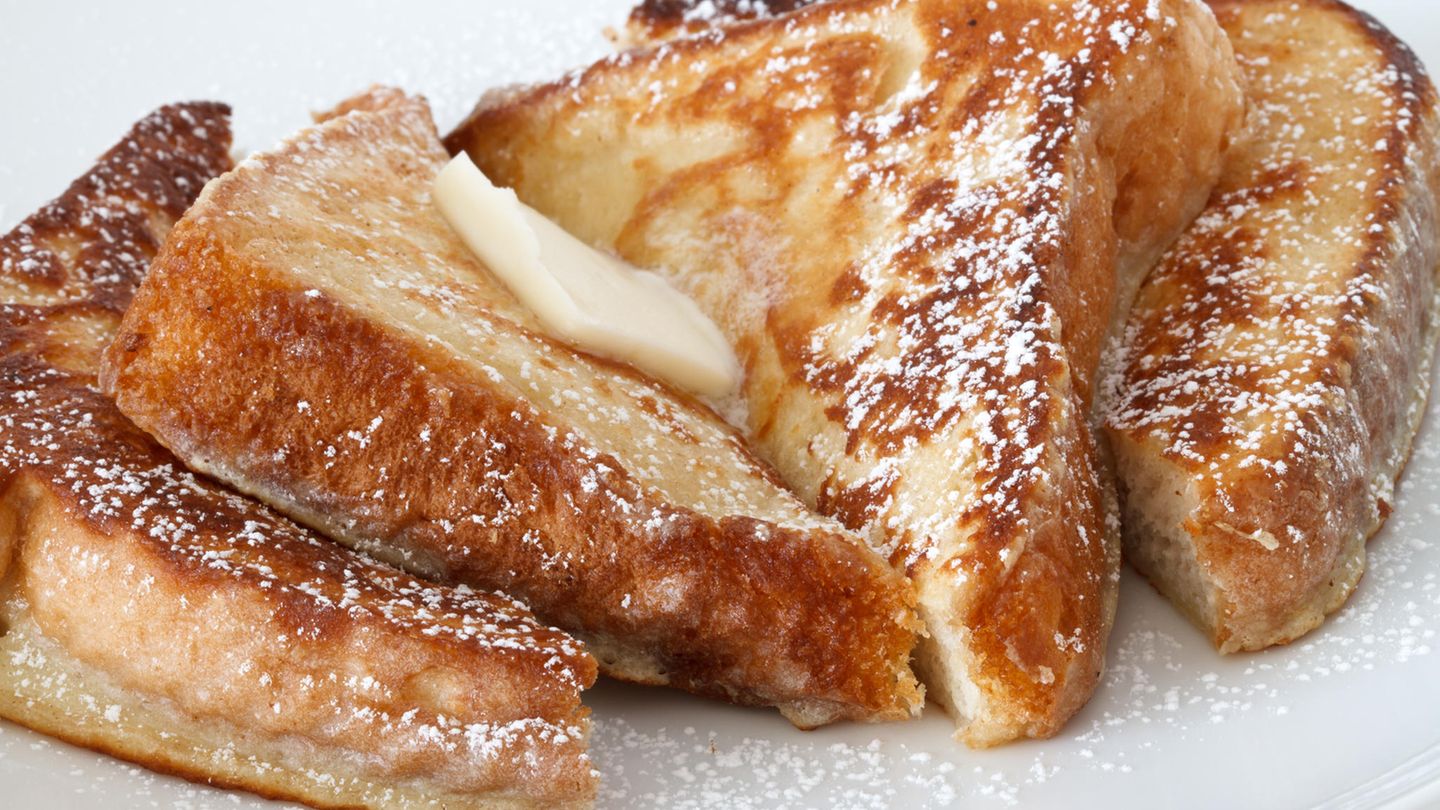Do you still know the cold dog? We used to enjoy eating it at Grandma’s and drinking it with her fine dead aunt. What sounds like a macabre crime scene was in reality often the exact opposite – an idyllic coffee chat with the family. Chocolate cake and cocoa were served, and well, a little shot in the drink was also allowed.
Many words have become so embedded in our language that we don’t even question them. But once you start doing it, it’s difficult to stop, as we in the editorial team realize. In the German language (as in others too) there are a lot of strange terms hidden – especially when it comes to cuisine.
In some cases it’s just a nickname, but in others there’s actually a story behind it. According to legend, the Hamburg Franzbrötchen was created during the French occupation – when bakers tried to recreate the French baguette, but then rolled it in cinnamon and sugar. Folded a few times, today’s cult pastries were created.
In other cases, the name is simply a simplified explanation of the dish, which may well turn out to be a bit macabre: The blast chicken is nothing other than chicken fricassee, in which the chicken’s meat, well, unfortunately always looks a bit blown up. And the fact that the cool chocolate of a classic cake is reminiscent of a wet, cold dog’s snout is probably not the most appetizing association with the cold dog.
But the main thing is that it tastes good – no matter what it’s called. Either way, these dishes tell a story: either a very personal one, because we learned the terms from our parents and grandparents, or one that actually says something about how they came about. And we immediately get hungry to serve up the old dishes again.
